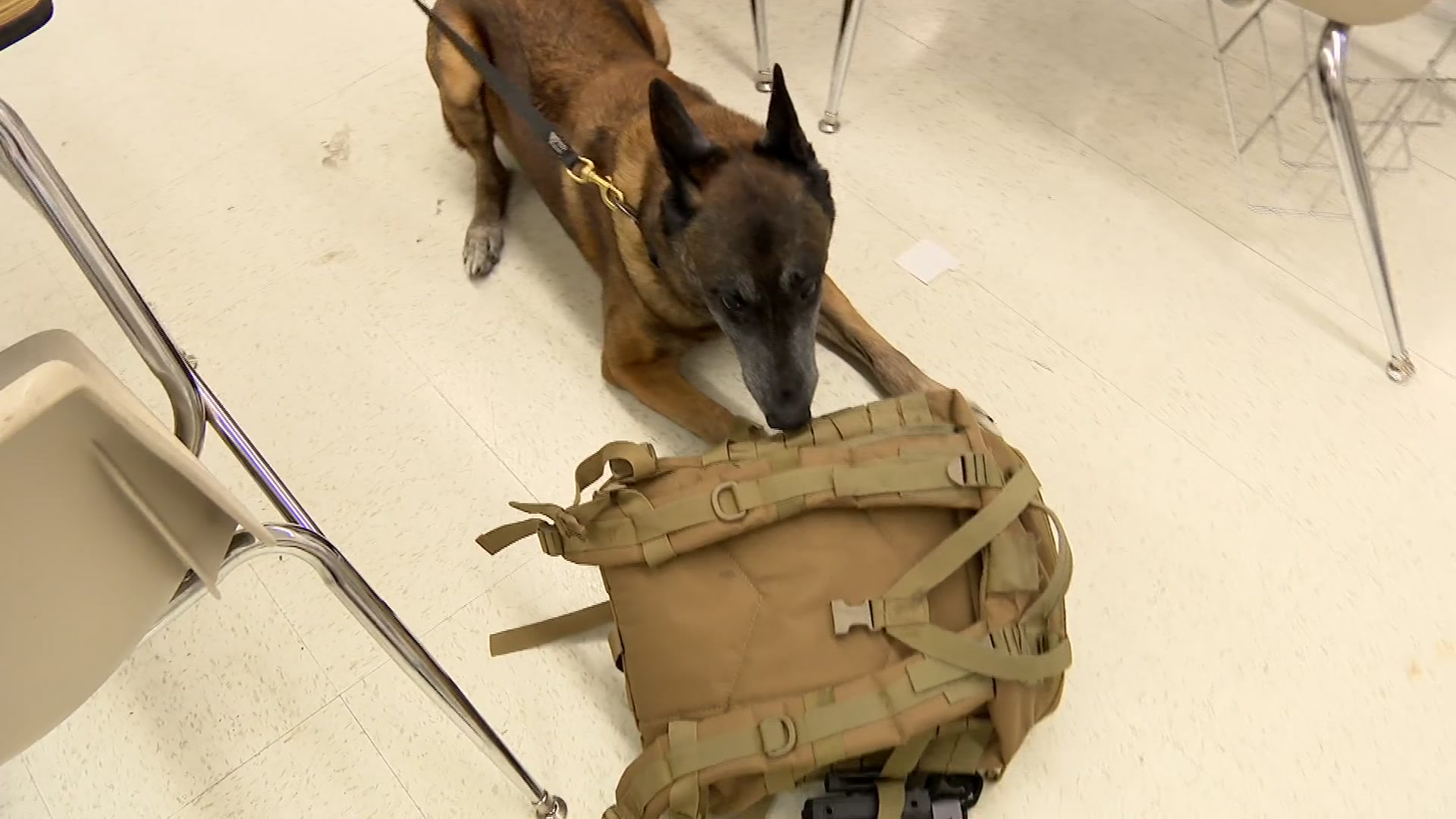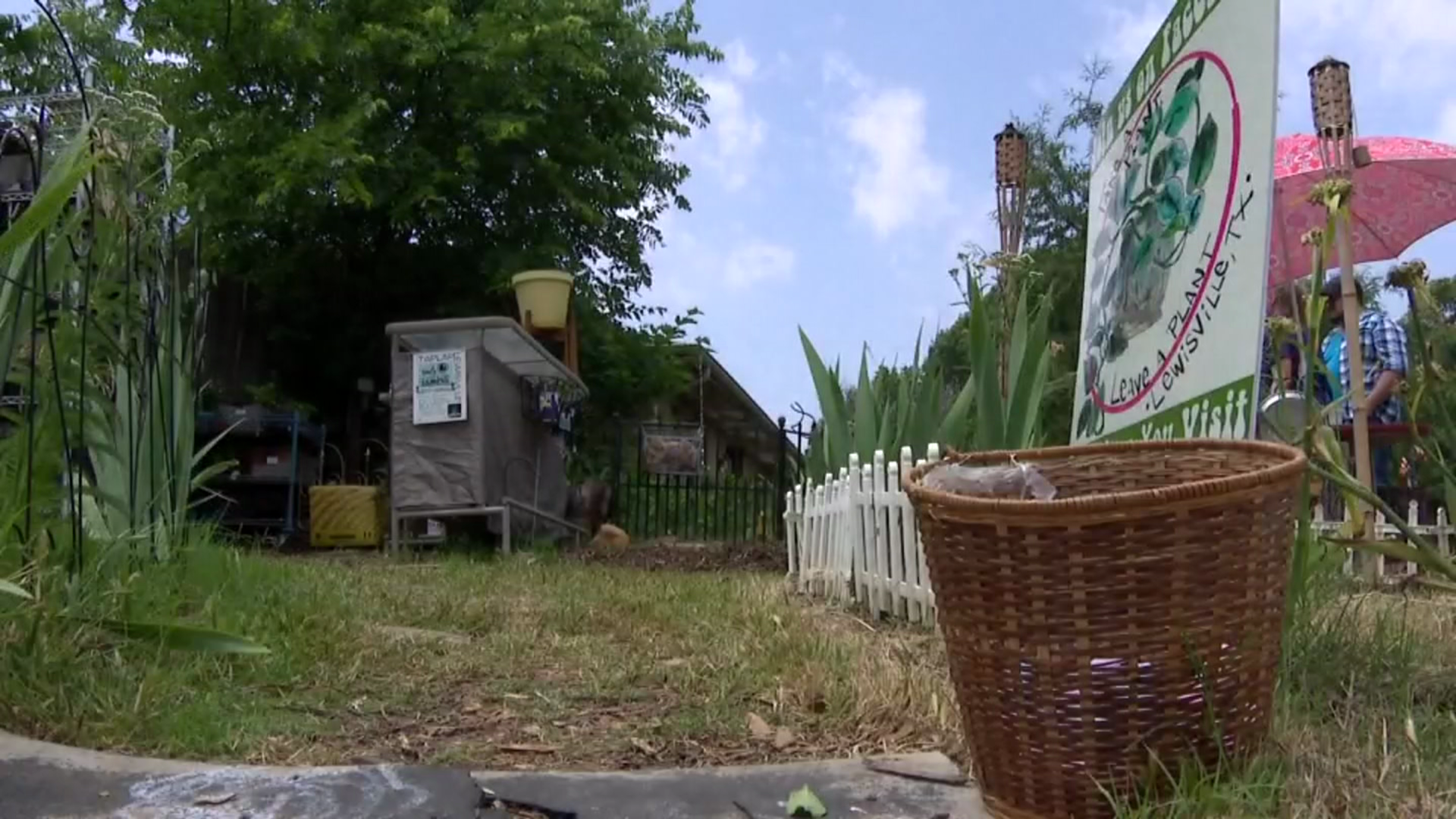A rash of overdoses in Tarrant County is causing concern for paramedics and law enforcement.
It's linked to synthetic marijuana known as K2. Some of those overdoses led to multiple deaths in the past month.
Fort Worth Police and the Drug Enforcement Administration are investigating five deaths involving K2 that happened between March 20 and March 23, according to a search warrant obtained by NBC 5.
According to the document, investigators suspect the drugs were sold by one person in locations across south and east Fort Worth. Two of the reported deaths involved a father and son.
Get DFW local news, weather forecasts and entertainment stories to your inbox. Sign up for NBC DFW newsletters.
The DEA said because it is still an ongoing investigation, no other details can be confirmed at this time.
"It's likely that there's something happening in the community that's causing these overdoses,” said Matt Zavadsky, chief transformation officer for MedStar.
MedStar, which services the Tarrant County area, pulled data and noticed two moments of K2 overdose spikes in recent months.
Local
The latest news from around North Texas.
"Whenever pharmaceuticals are obtained from a source that is not regulated, the contents of that pharmaceutical could be highly variable," said Zavadsky.
"So what may be happening is that people are expecting one type of drug with concentration and are getting a different type of concentration than perhaps they were expecting, which may be why we're seeing these periodic spikes in K2 overdoses."
The first spike came in August 2022. Then in March 2023, paramedics responded to eight overdoses tied to K2, where people stopped breathing or went into cardiac arrest. One of those patients died.
“Typically, what we'll see in these types of drugs is a suppression of the respiratory system. And when the respiratory system is suppressed or stopped altogether, then oxygen deprivation to the brain will cause permanent and irreversible brain damage,” said Zavadsky. "Oftentimes, despite our best efforts with CPR and other treatments, if the body has been without oxygen too long, it's not recoverable.”
There were no cases of K2 overdoses reported to MedStar in the months prior to March.
"Interestingly, in a couple of these cases, they were the same patient a day or two later,” said Zavadsky. “So that also speaks to the need for substance abuse counseling availability."
Fort Worth nonprofit Recovery Resource Council has been running an overdose response team program with MedStar for over a year and is following up with the individuals who overdosed to offer resources.
The program pairs a paramedic with a recovery peer support specialist to gather 911 data on overdose calls, go back to the address where the call was made, and find the person who overdosed to help them with anything they need, no matter the type of addiction.
"We're there to try to help anybody wherever they're at,” said Michael Watkins, a peer support specialist with the RRC.
He helped launch the MedStar program in Tarrant County and is now running another partnership with Dallas Fire Rescue in Dallas.
“If they just need information, we want to be able to provide that and let them know that they’re not alone. And that there are people that care about them, regardless of what it might be, it could be K2 or an alcohol addiction," Watkins said.
He added what makes K2 so dangerous is not truly knowing what is in it, which could be a potential cause for the recent overdoses.
"No one uses it with the intention that I'm going to overdose and die,” Watkins said.
K2 is a mixture of chemicals made to copy the effects of THC in marijuana. Since it became popular over 10 years ago, states like Texas have banned the sale, manufacture and possession of K2.
But according to the Food and Drug Administration, manufacturers are switching out chemicals to bypass state and federal drug laws and are even changing the packaging to appear as potpourri or incense, with the label "not for consumption".
“As they continue to manufacture it, they’re trying to change ingredients to make it legal or legally sell it as something else,” said Watkins. “But at the same time, too – you’re getting a whole brand new mix of ingredients, that you just never know what you’re ingesting.”
There have been incidents in other parts of the country of some batches of K2 causing internal bleeding in users. An outbreak in Illinois in 2018 caused severe bloody noses, coughing up blood, bleeding gums and blood in urine.
In three of the patients tested, traces of brodifacoum, a chemical used in rat poison, were found, according to an NBC News report at the time.
In some of the local overdose cases, Narcan was used and worked in bringing people back, which could mean the K2 could have been laced with opioids like fentanyl.
"Narcan only works on opiates or opioids,” said Watkins.
Zavadky said Narcan, which is now available over-the-counter, should be used in any incident where a drug overdose is suspected, even if it's unknown to be caused by an opioid.
"We would strongly encourage patients, family members, anyone else who might be around someone who could suffer an overdose from any type of substance -- even people who are taking prescribed pain medications or prescribed medications that could be accidentally overdosed -- have Narcan available," he said. "Narcan is a wonder drug and easy to administer when it's believed that someone might have overdosed. Because of the way that it acts, it could be a lifesaver to restore someone's breathing even before EMS gets there."
Either way, the message is clear from first responders and those who know the effects of K2.
"I remember some years ago, hearing an active K2 user say, ‘If you haven't tried it – don’t,’” said Watkins.
For more information about K2 from the DEA, click here.



